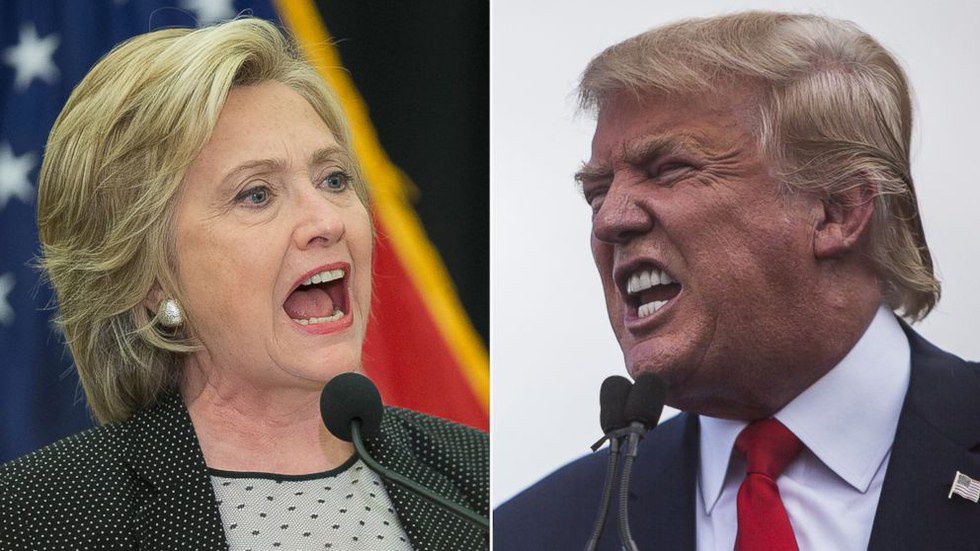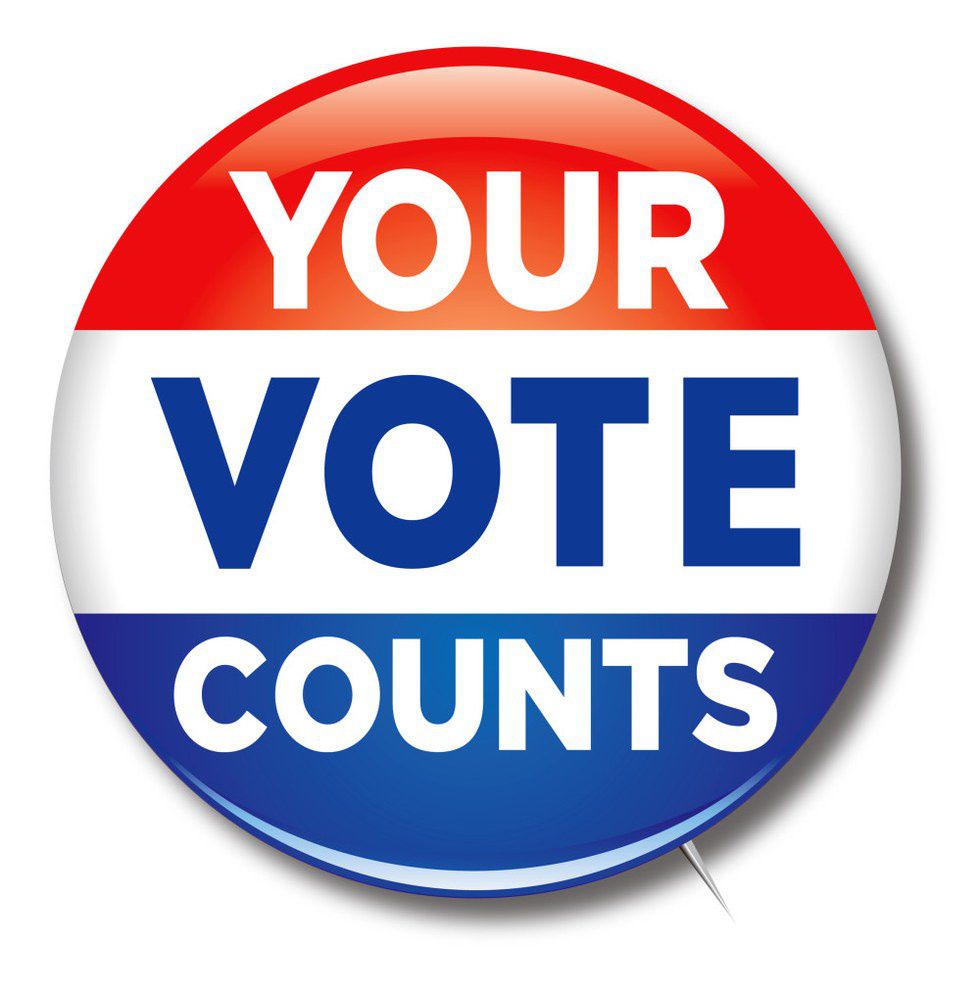I think I speak for a … let’s say disappointing amount of people when I say, "I’m gonna hate this next presidential election.”
And you know what, I understand. There are a lot of things not to like about the 2016 campaign. Whether it be wanting money out of politics or the rhetoric of this election cycle, being fed up with our political deadlock or just our CHOICES!
Recommended for you
I know the majority of people, at least from my personal experience, do not really want to vote for either Donald Trump or Hillary Clinton. And many of those that do only want to so the other one doesn't get elected. Strategic voting at its finest.
However, the reason I am personally going to hate this election is the reason I have grown disillusioned with our entire election system. Because it is just so broken.
Now, I know what you are thinking: “Oh, this is just some angst filled kid who does not actually put any real thought into the things he says, and he just wants to rage against the system.” And you know what? Six years ago you might have been right. I was dumb in middle school. Like really dumb. I think everyone was. Middle school and everyone involved with it just sucked. I do not know anyone that doesn’t just look back and hate middle school.
God, middle school sucked…
…
What was I talking about?
Elections! Right! The problem with our presidential election system. Sorry about that; I looked into the abyss a little too long.
Let me just review how someone goes actually about becoming President of the United States. To state simply, one must apply to run for president with the Federal Election Commission, then receive the most votes from electors in the Electoral College to win the presidency.
The electors are elected on November 8 by American citizens. Groups of electors are elected on a state-by-state basis, where all the states' electors are determined by popular vote for a presidential candidate. Generally, electors that are sent to the Electoral College had previously pledged themselves to one candidate or the other, before the election.
Now this all sounds good. We cast our vote for president. Electors from each state go to Washington to vote for president, then whoever receives over half of the votes in that vote becomes President.
Except there are problems with this system, which range from being unnecessarily complicated to downright undemocratic.
Now that’s a big claim isn’t it? The system that the United States of America, the titular "Strongest Democracy in the World," uses to elect its head of state is undemocratic. It sounds crazy doesn’t it?
Well, I’ll endeavor to prove it to you. I will be running off the assumption that in a democratic system, each citizen has one vote for president, and that each vote should count equally towards president.
I am going to use a Maryland election as an example. Why? No real reason. I like Maryland, it’s my home state, it’s cool and has a pretty flag.
In recent history, Maryland’s voting record has been fairly pro-Democrat with 62 percent of the vote going to Barack Obama in 2012. Obviously, therefore all of the state’s 10 electoral votes would go to Obama. That sounds good until you realize that for the 48 percent of the state’s citizens that did not vote for Obama, their votes were completely ignored in the Electoral College, making their votes in a sense pointless.
Now, in the grand scheme of things, this particular election does not matter, because Obama had the majority of the popular vote that election cycle. But, there have been instances in American history where the person that more people voted for DID NOT WIN.
Since I don’t want to get into potentially unsubstantiated claims judicial overreach in this article, I will use the first time this happened as an example. In 1824, despite neither having neither the majority of the popular or electoral vote, John Q. Adams won the presidency. This happened because even though Adams had lost the electoral vote, his main opponent, Andrew Jackson, also did not have the majority. This was because in 1824 there were four major candidates running (which I imagine sounds just sounds astounding to modern Americans). After the electoral votes were cast and no majority was reached, as per the constitution, the presidency moved to the House of Representatives to vote between the candidates with the three most popular votes. The House chose to vote for John Q Adams.
This is obviously a unique situation, because the candidate with the plurality popular vote has "only" lost four times and it has only been chosen by the House once. That said, the system has failed to match the people's vote four out of 57 times. That is a failure rate of 7 percent. Our representative democracy fails at the democracy part 7 percent of the time!
Can you imagine if this was a sport where almost 1/10 times the loser wins because of technicalities that were not known by most of the audience? People would flip out! Sport fans have rioted for less.
My point is the system we use for electing the president is flawed. Our head of state is ultimately chosen by a essentially unknown oligarchy of political insiders, who in many states are not beholden to the people in any way.
The person that wins the presidency should win it because they have the plurality of support among American citizens, not because they were able to game the system into letting them win. I don't even want the possibility of that existing in the system I live in.
Personally, I advocate an instant run-off voting method and either getting rid of the winner take all system and award electoral votes proportionately or getting rid of the electoral college altogether. Though I recommend everyone look into our voting system themselves and form their own opinions. Or if that sounds like effort, then ... Yeah, go ahead and blindly agree with everything I say. I'm sure that'll serve you well.





















